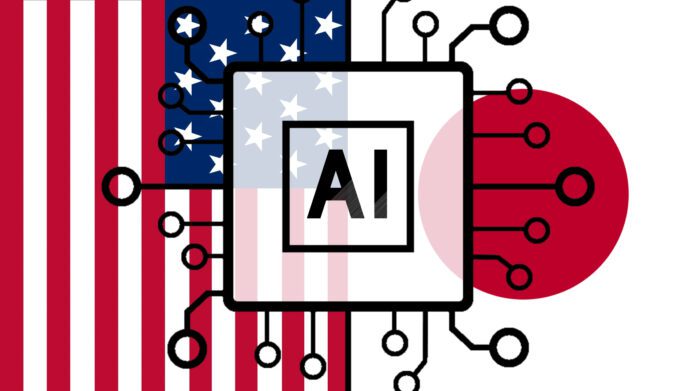The US and Japan have signed two new university research partnerships to collaborate on the technical and ethical development of artificial intelligence (AI). They have received $110 million in combined private sector investment from Amazon, Arm, Microsoft, NVIDIA, and Softbank, plus “nine Japanese companies”. The two partnerships are between the University of Washington and the University of Tsukuba and Carnegie Mellon University and Keio University. There will be some collaboration between the two initiatives, but they have different focus areas.
The partnership between the University of Washington in Seattle and the University of Tsukuba, northeast of Tokyo, will focus on the “AI-related research and workforce development”, said a statement. Amazon and NVIDIA have been engaged; NVIDIA said the pair have invested $25 million between them. Jay Inslee, Governor of Washington State, said: “Advancements in AI are happening at a breakneck pace. This collaboration… will provide the research and workforce training… to keep up with the profound impacts of AI across every sector of our economy.”
NVIDIA pointed to its work, already, as part of US-Japan university research into high performance computing (HPC), plus with Japan’s National Institute of Advanced Industrial Science and Technology (AIST) on AI and quantum technology. It will lean on both in the new AI project, it said. It cited research that there has been a “fivefold increase in demand for AI skills as a percentage of total US jobs”. It said the work will support research into how AI can drive “impactful change” in robotics, healthcare, climate change, and science, and help with the AI “talent shortage.”
The collaboration between Carnegie Mellon University in Pittsburgh and Keio University in Tokyo will focus on “multimodal and multi-lingual learning, embodied AI for robots, autonomous AI symbiosis with humans, life sciences, and AI for scientific discovery”. Josh Shapiro, Governor of Pennsylvania, said: “AI is already impacting every sector of our economy – and government leaders need to lean into its innovation to adapt to the rapidly changing technology market ethically and responsibly. That’s the approach we’ve taken in Pennsylvania.”
Arm is engaged in the Carnegie Mellon / Keio University project. Rene Haas, chief executive at Arm, said: “The unprecedented progress we’ve seen in AI will transform virtually every industry and improve countless lives, but to maximise this opportunity, close cooperation will be required between the private sector, academia, and government. Arm is extremely proud to have the opportunity to support this historic partnership as part of our overall commitment to advancing AI innovation everywhere and for everyone.”
IBM, Google, and Micron have invested a combined $210 million in the first two initiatives. US Secretary of Commerce Gina Raimondo, said: “The US is committed to working with our allies and partners to lead on the development of safe and responsible AI… [This] announcement will build on President Biden and Prime Minister Kishida’s commitment to advance US-Japan science and technology cooperation to develop a talented global workforce and strengthen economic security in both countries.”
The announcement was made last week during Prime Minister Kishida Fumio’s state visit to the US, at a signing ceremony at the US Department of Commerce Research Library in Washington DC, attended by US Commerce Secretary Gina Raimondo, US Ambassador to Japan Rahm Emanuel, and Japanese Minister of Education, Culture, Sports, Science and Technology (MEXT) Moriyama Masahito. It is the third US-Japanese university partnership with the private sector since May 2022, following collaboration on quantum computing and semiconductor engineering.

